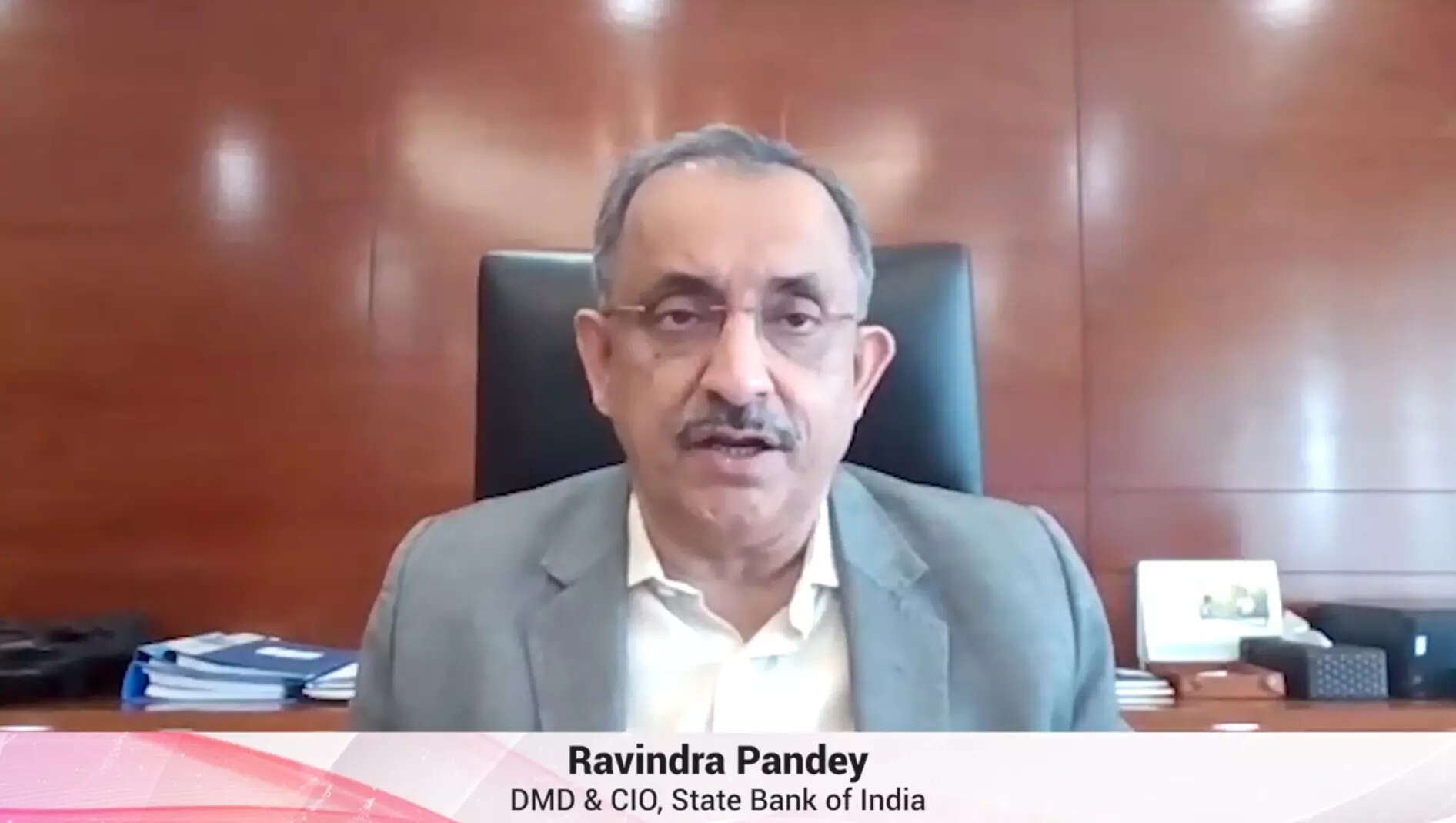FinTechs and
banks are not competitors, they are collaborators creating an ecosystem that ensures customers are getting the best of what they deserve, said
Ravindra Pandey, deputy managing director and chief information officer of
State Bank of India.
“We assume that fintechs have the idea, while banks have the data and trust, and both are working on how to marry these three into the absolute product,” said Pandey at a fireside chat with Amol Dethe, Editor, ET BFSI, at the 2nd edition of ET BFSI Converge.
Shedding light on how banks onboard fintechs, he said that the basic model of engagement is to nurture fintechs by having an independent technical evaluation committee, a team of bankers to evaluate the concept of the idea, handhold in journey of engagement, among refinements. Additionally, the bank year marks a certain amount of money for fintechs to develop their products.
No fixed benchmark
“There can’t be a fixed benchmark for a fintech company to be able to collaborate with banks, since by nature, they represent doing things in a new and better manner. The engagement can vary from reactive sourcing, where the fintech approaches the bank or organizing talent hunts like hackathons,” Pandey said.
Highlighting the success and the extent of these collaborations, he said that since 2017, by collaborating with Singzy, there are now 11 fintechs working with SBI to create value for themselves, the bank and the ecosystem. “SBI is going all out, for instance, we are now tying up with an agriculture based fintech, and based on the satellite imagery, we can finance the consumer by knowing all about the land, which crop is what, what is the right bet etc. These are the new and fresh ideas that banks are willing to explore today,” he said.

According to Pandey, doing business with fintechs does not necessarily mean creating a new asset or a product, but improving the operational efficiency is also a major reason to collaborate. He is of the strong opinion that banks when interacting with fintech firms need to carefully listen and understand their ideas in order to start brainstorming about how to fit it into the bank’s scheme of things. “Bank’s can’t expect fintechs firms to tell them where their ideas will work and if they do, they are no more fintechs but technology companies,” he added.
Challenges faced by larger banks in collaborating with FinTechs
“Banks are no more averse to receiving news ideas, we have been here for more than 200 years and the time speaks for itself we continuously evolve outside challenges. Initial challenges due to the rules and regulation have to be there since banks are depository of the public trust and money and they cannot just whittle it away without being thorough,” Pandey said.
There are four major obstacles that might occur, first one being the resource constraints because fintechs while initiating the journey usually think that a three man team can work on the project only to realize later that they need more hands on the job. Secondly, the discontinuous nature of fintechs might become problematic, because banking is a business where if invested and integrated in the system, continuity becomes important, Pandey highlighted.
“In today’s world, no idea or technology can be built in isolation. So if their product and services are not customizable, it creates a problem. The fourth problem, which may be very peculiar to larger banks like SBI, is the scale. Sometimes the case is that we like the idea, but when it comes to our scale of operations, it falters,” he said.
